Popular Foods That Get Recalled For The Riskiest Reasons
We all assume the food in our kitchens is safe—but recall after recall tells a different story. From bagged salads tainted with E. coli to frozen meals laced with shards of metal, food safety issues are far more common than most people realize. And these aren’t fringe brands or obscure items—they’re everyday groceries that quietly vanish from shelves after triggering outbreaks, allergic reactions, or contamination scares. That’s why we’ve expanded our guide to 37 Commonly Recalled Foods That Could Be Lurking in Your Kitchen Right Now—a sharp, eye-opening list of the repeat offenders that keep showing up in FDA and USDA recall alerts. Whether you’re a cautious shopper or just curious about what’s quietly putting people at risk, this guide will help you spot red flags, understand the patterns, and make safer choices every time you open the fridge. Because awareness is the first line of defense—and your kitchen deserves better.
1. Leafy Greens: The Hidden Risks in Your Salad Bowl
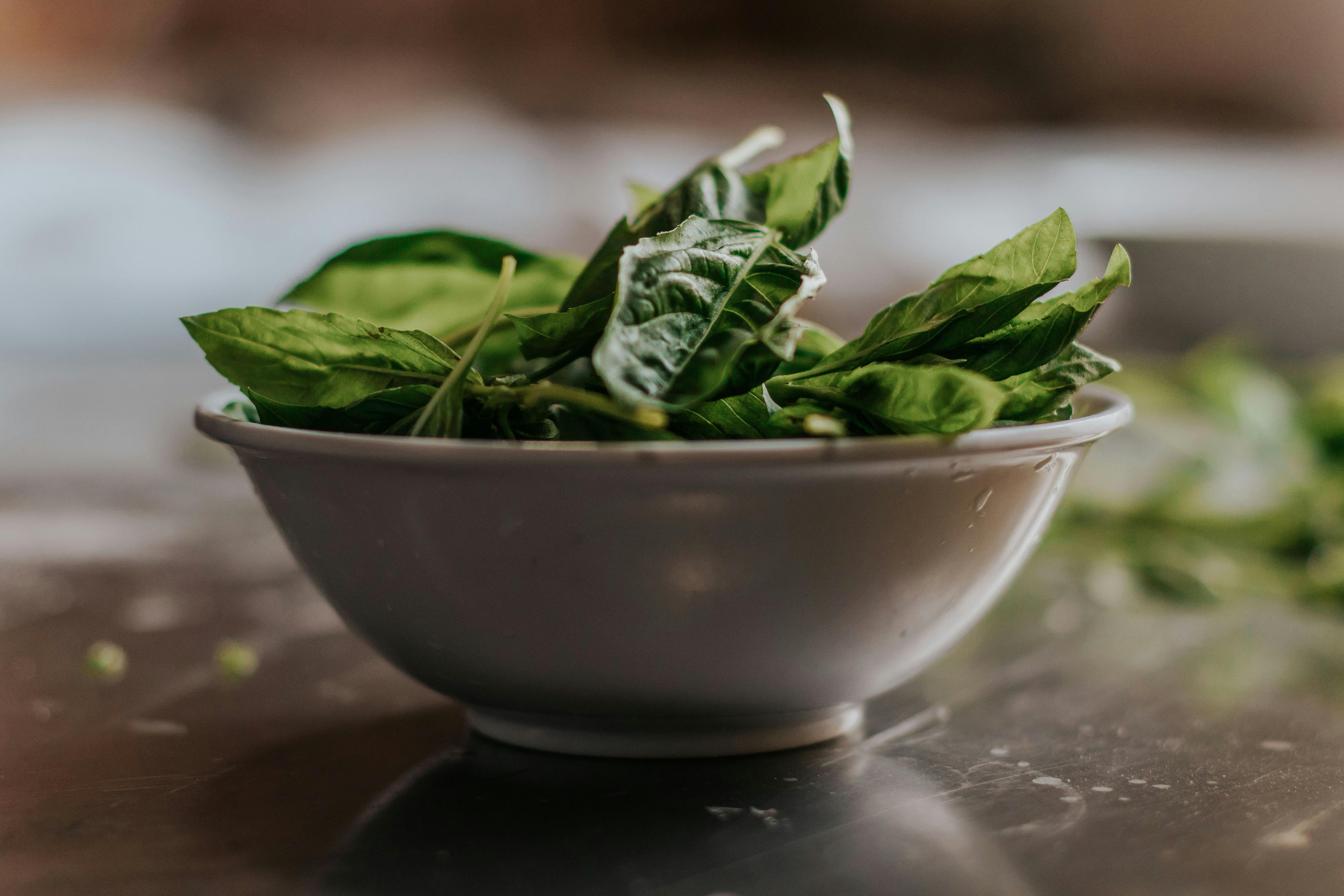
Leafy greens, such as spinach and lettuce, are often at the forefront of food recalls due to their susceptibility to contamination by pathogens like E. coli and Salmonella. These pathogens can be introduced at various stages of production, from irrigation with contaminated water to handling during packaging. The popularity of ready-to-eat salad mixes has exacerbated these risks, as the convenience of pre-washed greens often leads to complacency in washing them before consumption. The agricultural practices and supply chain logistics involved in producing leafy greens add layers of complexity to ensuring their safety. Understanding these dynamics is crucial for both consumers and producers in mitigating the risks associated with these nutritious yet vulnerable foods.
2. Poultry Products: A Closer Look at Pathogen Prevalence
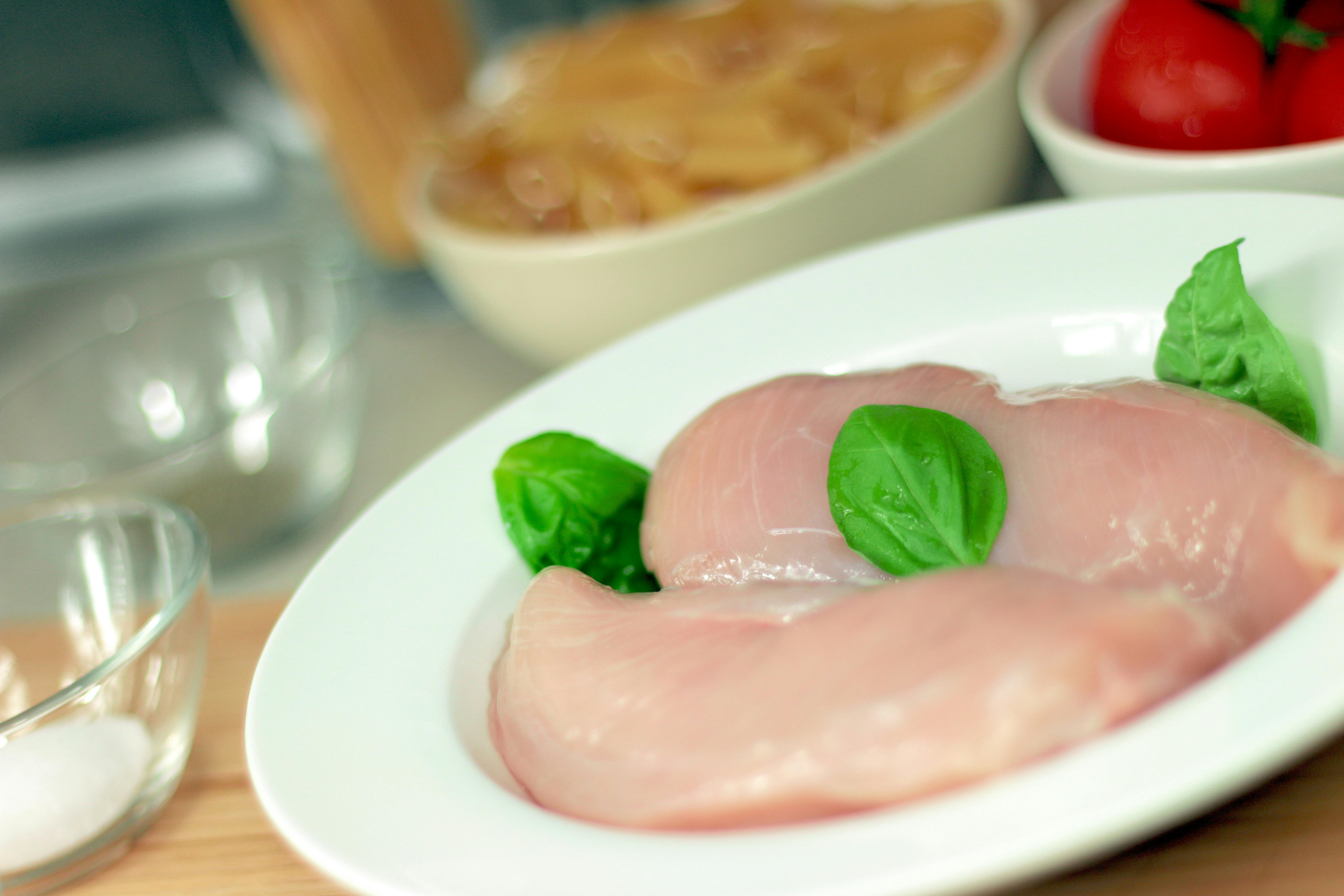
Poultry products, including chicken and turkey, are frequently recalled due to contamination with bacteria such as Salmonella and Campylobacter. These pathogens pose significant health risks, particularly because poultry is a staple protein source worldwide. The intensive farming practices and high demand for poultry products create an environment where bacteria can thrive. Additionally, the processing and packaging stages present further opportunities for contamination. Regulatory agencies impose strict guidelines to manage these risks, but challenges remain in consistently implementing these standards across the industry. Exploring the reasons behind poultry recalls highlights the need for robust safety protocols and consumer awareness in handling and cooking these products.
3. Dairy Dilemmas: Understanding Recalls in Milk and Cheese

Dairy products, particularly milk and cheese, are prone to recalls due to contamination with Listeria monocytogenes, a bacterium that can survive in cold environments and poses severe health risks to vulnerable populations. The production of dairy involves multiple stages where contamination can occur, from milking and pasteurization to packaging and distribution. Unpasteurized or raw milk products are especially risky, as they bypass the heat treatment designed to eliminate harmful bacteria. The complexities of dairy production, coupled with the diverse range of products, make recalls a significant concern in this sector. Consumers must be vigilant about the sources of their dairy products and adhere to safety guidelines to minimize the risks associated with these recalls.
4. Processed Meats: The Challenges of Ensuring Safety

Processed meats, such as sausages, deli meats, and hot dogs, are often recalled due to contamination with Listeria and other pathogens. The processing steps, including grinding, mixing, and curing, provide multiple opportunities for bacteria to be introduced and proliferate. Additionally, the long shelf life of processed meats means that contaminated products might remain in circulation for extended periods, increasing the potential for widespread outbreaks. The complexity of supply chains and the variety of additives used in processed meats further complicate recall efforts. Understanding the intricacies of processed meat production and the factors that lead to recalls is vital for both industry stakeholders and consumers in addressing these safety challenges.
5. Seafood Safety: Navigating the Waters of Recalls

Seafood, encompassing a wide range of products from fish to shellfish, faces unique recall challenges due to contamination with pathogens, biotoxins, and chemical pollutants. The aquatic environment is inherently variable, with factors such as water quality and temperature influencing the safety of seafood. Additionally, the global nature of the seafood industry means that products often travel long distances, increasing the risk of contamination and spoilage. Recalls in this category highlight the importance of stringent quality control measures and traceability throughout the supply chain. Consumers must be aware of the potential risks and ensure they purchase seafood from reputable sources to minimize the likelihood of encountering recalled products.
6. Nut and Seed Recalls: A Nutty Problem

Nuts and seeds, including products like peanut butter and sunflower seeds, are susceptible to recalls due to contamination with Salmonella and aflatoxins, a type of toxin produced by mold. The drying and storage processes for nuts and seeds can create environments conducive to mold growth, leading to the production of aflatoxins. Additionally, the widespread use of nuts and seeds in various food products increases the potential for contamination to affect multiple items. The complexity of global supply chains and varying safety standards across countries further complicate recall efforts. Understanding the risks associated with nuts and seeds is crucial for consumers and manufacturers in ensuring these nutritious foods remain safe for consumption.
7. Grain and Cereal Products: The Recall Concerns
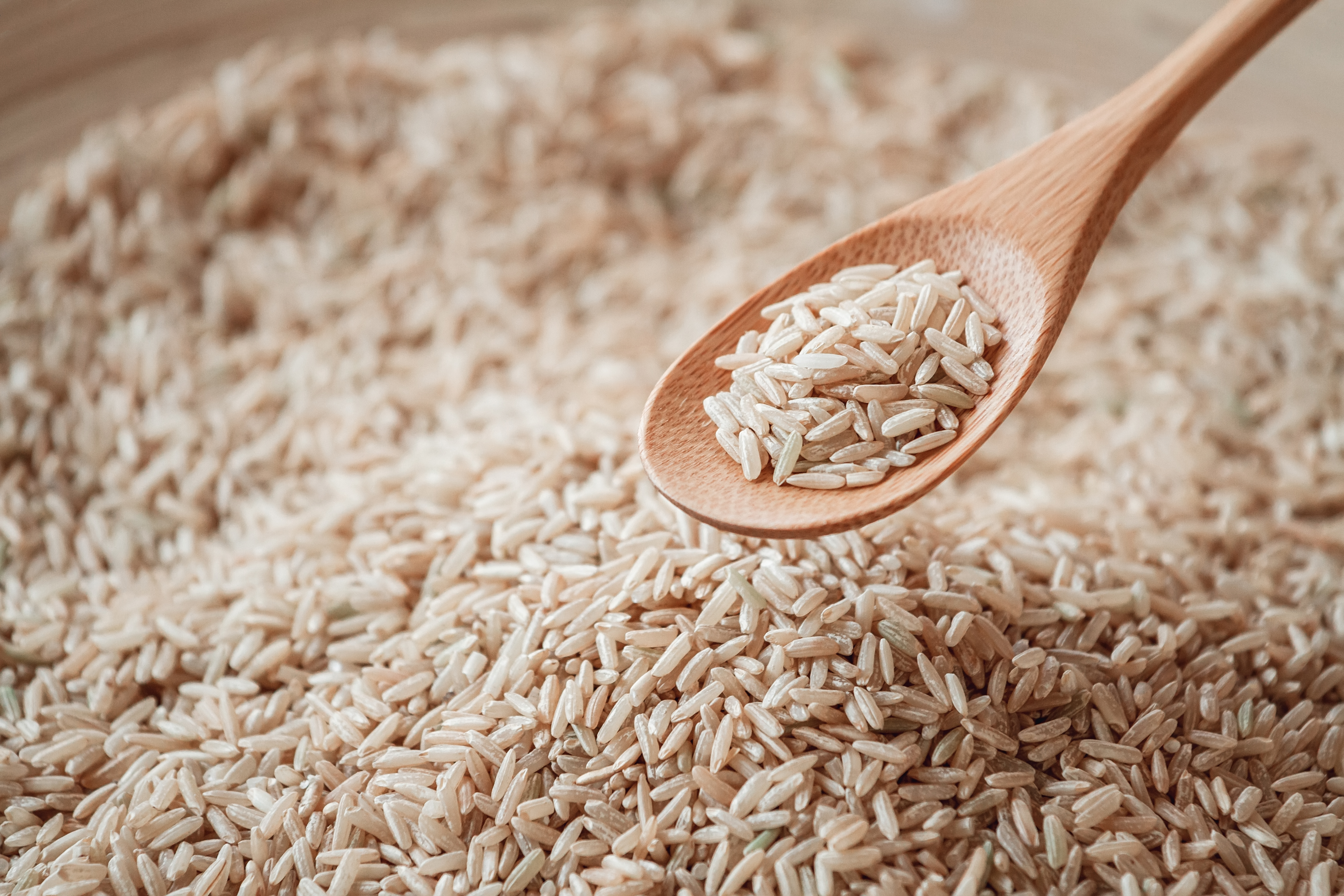
Grain and cereal products, including flour, rice, and breakfast cereals, are often recalled due to contamination with pathogens like E. coli and Salmonella, as well as the presence of foreign objects. The large-scale production and processing of grains present numerous opportunities for contamination, from harvesting and milling to packaging and distribution. Additionally, the use of grains as ingredients in a wide range of food products means that recalls can have far-reaching effects. Ensuring the safety of grain and cereal products requires rigorous quality control measures and adherence to safety standards throughout the supply chain. Consumers should be mindful of recall notices and practice safe food handling to mitigate the risks associated with these staple foods.
8. Frozen Foods: The Icy Challenges of Recalls

Frozen foods, ranging from vegetables to entrees, face recall challenges due to contamination with pathogens and foreign objects. The freezing process is designed to preserve food and prevent the growth of bacteria, but contamination can occur before freezing or during packaging. Additionally, the long shelf life of frozen foods means that contaminated products may remain in circulation for extended periods, increasing the potential for widespread recalls. The convenience and popularity of frozen foods underscore the importance of maintaining rigorous safety standards and monitoring throughout the production process. Consumers should be vigilant about checking recall notices and ensuring proper storage and cooking of frozen products to minimize risks.
9. Canned Goods: The Recall Risks in Preservation

Canned goods, including vegetables, fruits, and soups, are subject to recalls primarily due to contamination with Clostridium botulinum, a bacterium that produces a potent toxin. The canning process is designed to eliminate pathogens through heat treatment, but failures in this process can lead to contamination. Additionally, issues such as can corrosion or sealing defects can compromise the safety of canned products. The long shelf life of canned goods means that contaminated products may remain in circulation for extended periods, posing significant health risks. Understanding the recall risks associated with canned goods is crucial for consumers and manufacturers in ensuring the safety of these preserved foods.
10. Fruit and Vegetable Recalls: The Fresh Produce Dilemma
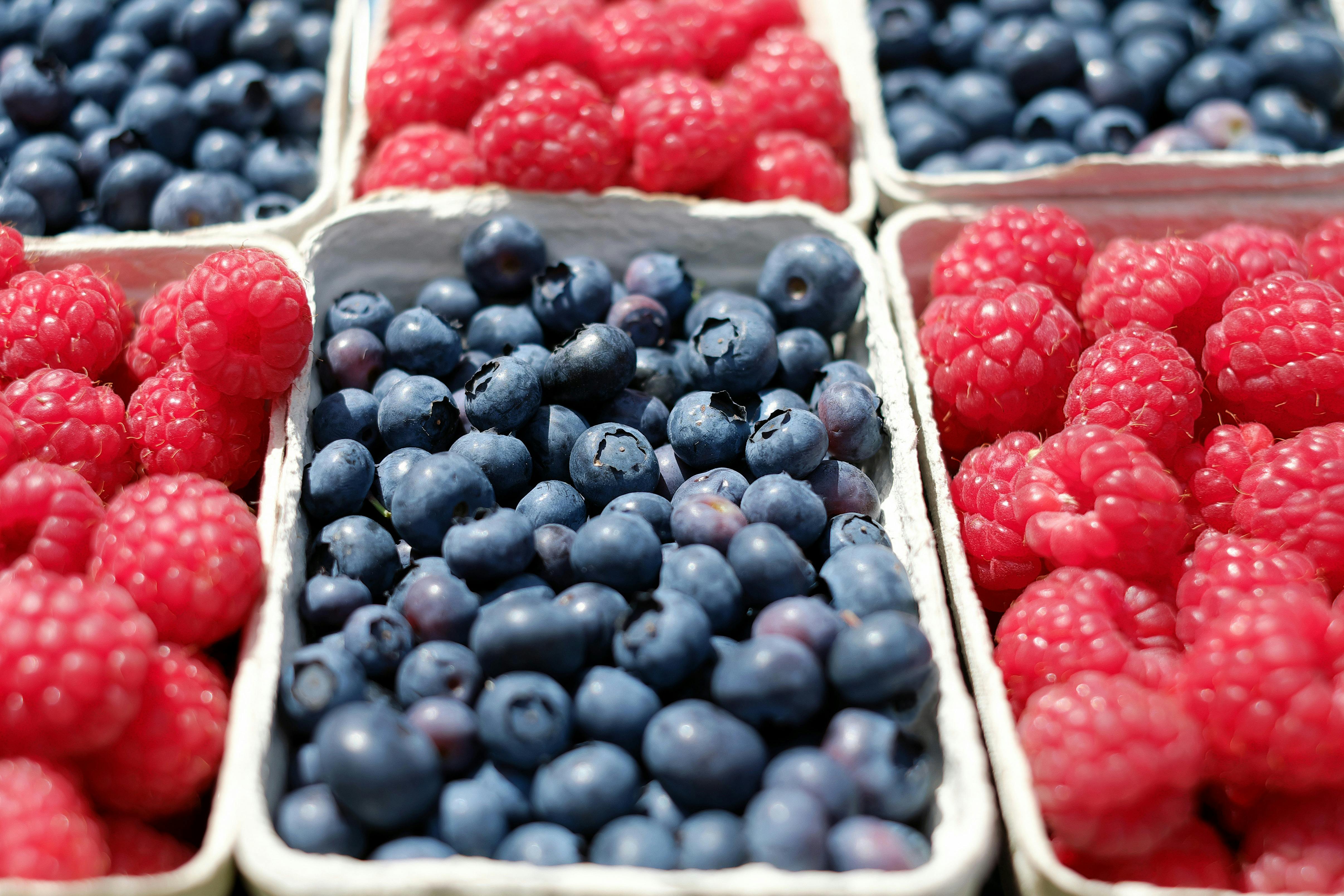
Fresh fruits and vegetables are often recalled due to contamination with pathogens like E. coli, Salmonella, and Listeria. The agricultural practices and supply chain logistics involved in producing fresh produce create multiple opportunities for contamination, from irrigation with contaminated water to handling during harvest and packaging. The popularity of fresh produce and the trend towards raw consumption increase the potential for exposure to harmful bacteria. Ensuring the safety of fruits and vegetables requires rigorous quality control measures and adherence to safety standards throughout the supply chain. Consumers should be vigilant about washing fresh produce and staying informed about recall notices to minimize risks.
11. Egg Recalls: Cracking the Shell of Safety Concerns

Eggs are frequently recalled due to contamination with Salmonella, a bacterium that can be present on the shell or inside the egg. The intensive farming practices and high demand for eggs create an environment where bacteria can thrive. Additionally, the handling and packaging stages present further opportunities for contamination. Regulatory agencies impose strict guidelines to manage these risks, but challenges remain in consistently implementing these standards across the industry. Exploring the reasons behind egg recalls highlights the need for robust safety protocols and consumer awareness in handling and cooking these products. Eggs are a versatile and nutritious food, but understanding the risks associated with recalls is crucial for ensuring their safety.
12. Beverage Recalls: The Liquid Landscape of Safety

Beverages, including juices, sodas, and bottled water, face recall challenges due to contamination with pathogens, chemical pollutants, and foreign objects. The production and packaging processes for beverages involve multiple stages where contamination can occur. Additionally, the global nature of the beverage industry means that products often travel long distances, increasing the risk of spoilage and contamination. Recalls in this category highlight the importance of stringent quality control measures and traceability throughout the supply chain. Consumers must be aware of the potential risks and ensure they purchase beverages from reputable sources to minimize the likelihood of encountering recalled products.
13. Soft Cheeses and Unpasteurized Dairy Products

Soft cheeses like brie, feta, and blue cheese, especially those made from unpasteurized milk, are prone to Listeria contamination. This bacteria thrives in refrigerated environments, making these cheeses particularly risky for pregnant women, the elderly, and immunocompromised individuals. Even pasteurized versions can be affected if cross-contaminated during processing. When buying soft cheeses, always check for recall notices, opt for pasteurized versions when possible, and store them properly to minimize bacterial growth.
14. Ground Beef: A Common Culprit in E. coli Outbreaks
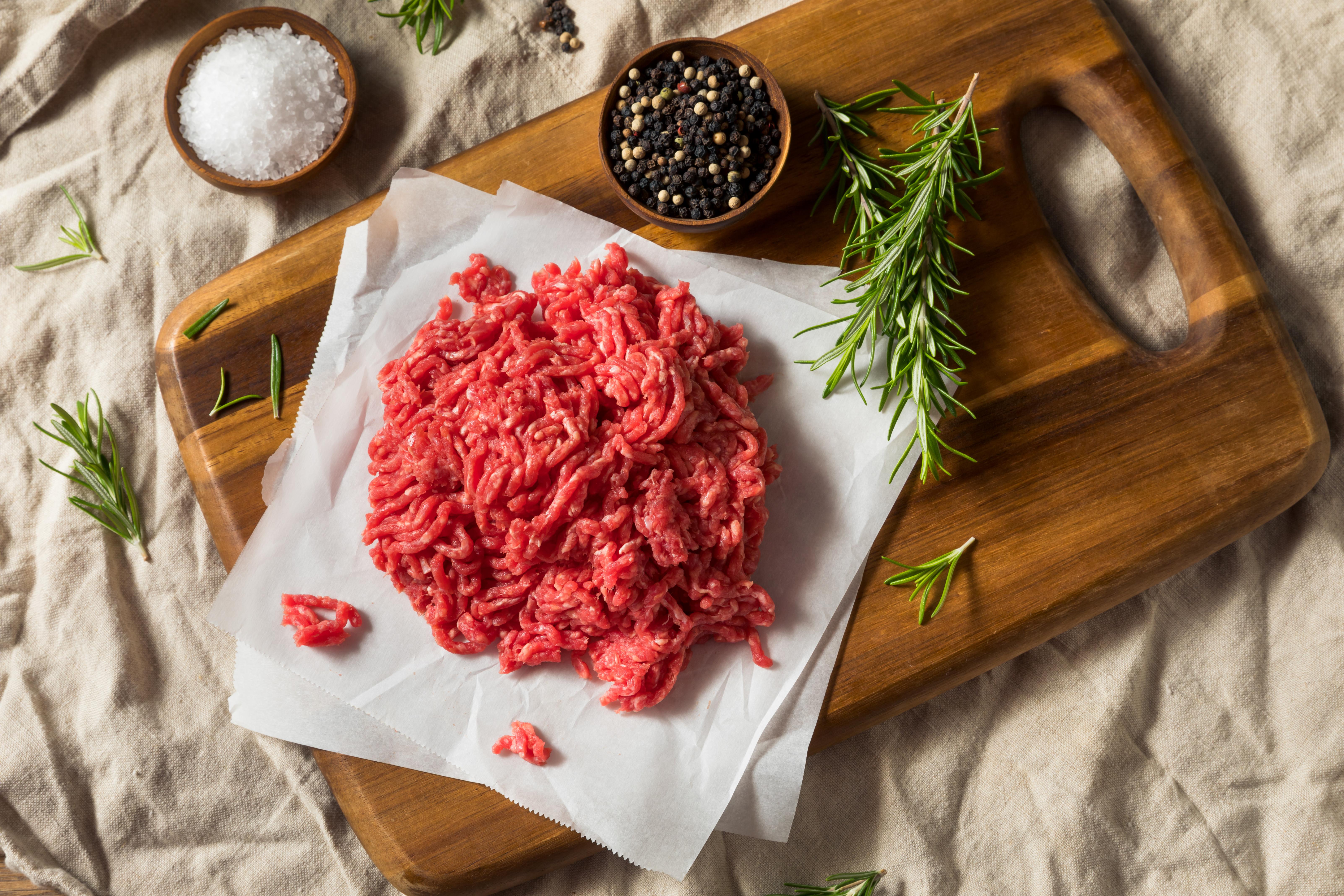
Ground beef is frequently recalled due to E. coli and Salmonella contamination, which can lead to severe foodborne illnesses. Unlike whole cuts of beef, ground beef mixes meat from multiple sources, increasing the risk of bacterial spread. Additionally, undercooked ground beef can harbor harmful pathogens. Always cook ground beef to at least 160°F (71°C), and avoid cross-contamination by keeping raw meat separate from other foods.
15. Frozen Berries: A Hidden Hazard
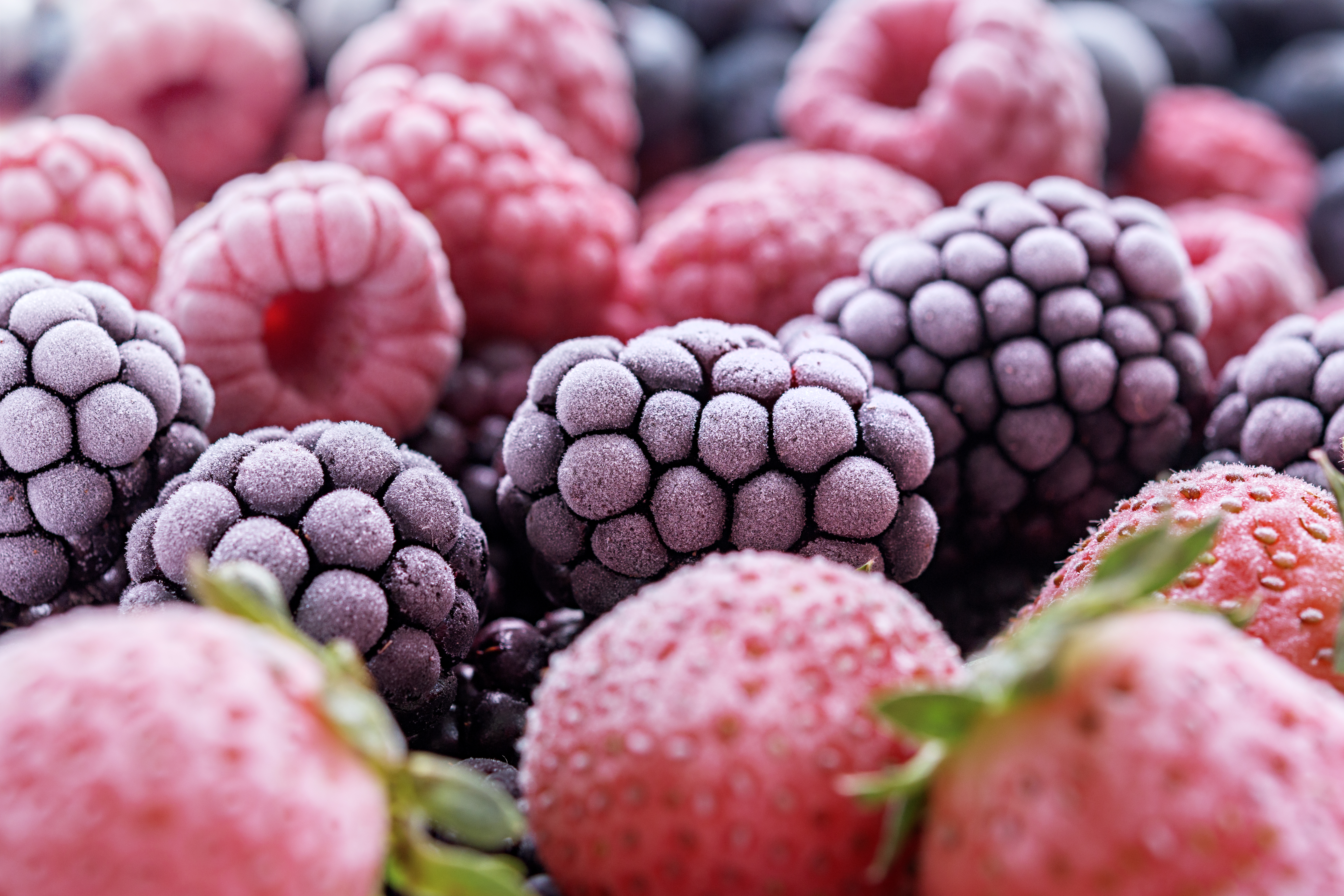
Frozen berries, including strawberries, raspberries, and blueberries, seem like a safe choice, but they have been repeatedly recalled due to Hepatitis A and norovirus contamination. Unlike bacteria, which can often be killed through cooking, these viruses persist even in freezing temperatures. Many recalls have been linked to unsanitary handling during harvesting or processing. To reduce your risk, consider washing berries thoroughly or using them in cooked dishes rather than consuming them raw.
16. Pre-Packaged Deli Salads
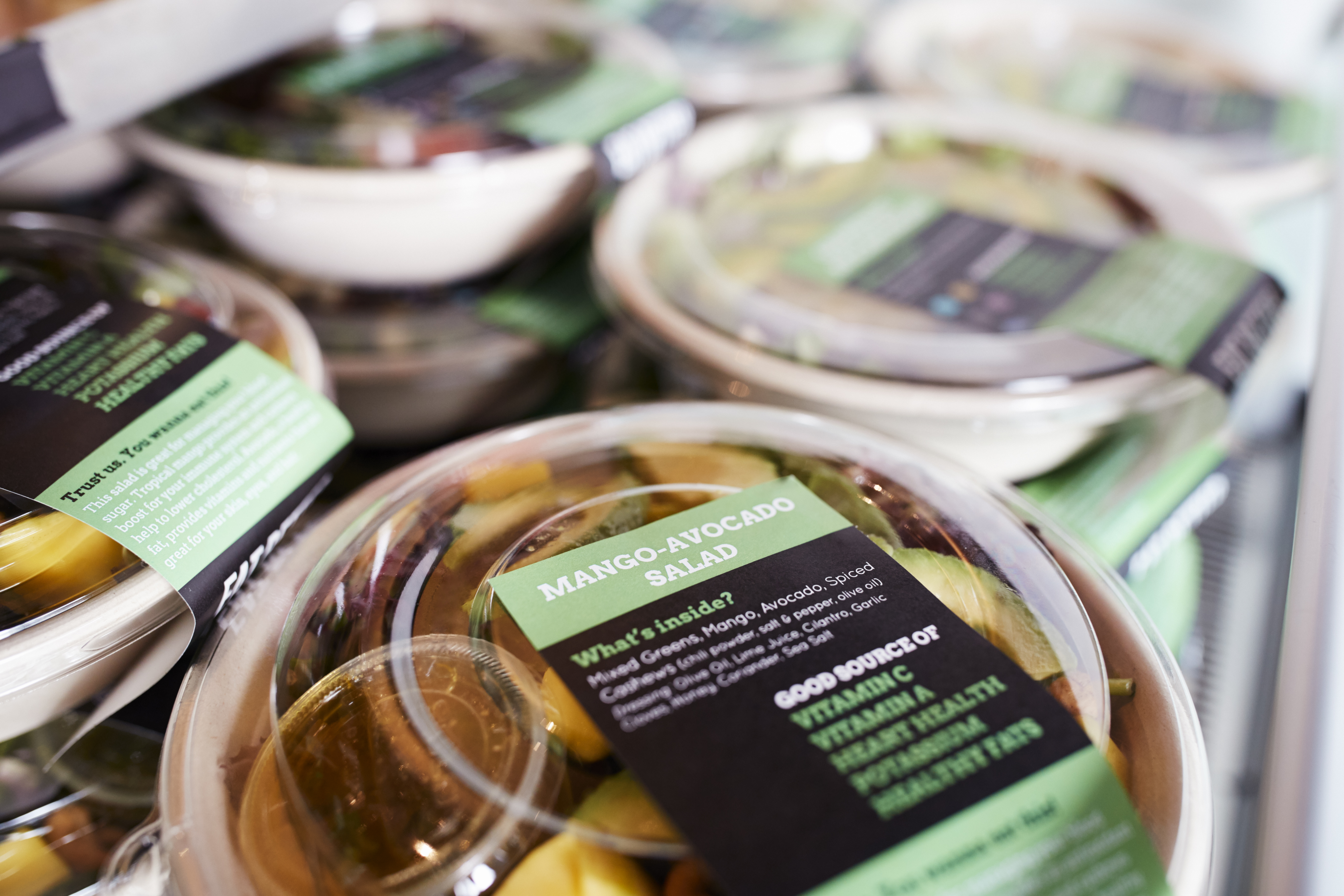
Store-bought deli salads, such as potato salad, pasta salad, and coleslaw, are common recall offenders due to Listeria and Salmonella contamination. These ready-to-eat meals are often stored for long periods, allowing bacteria to multiply. If not handled properly during preparation or packaging, they can easily become contaminated. To stay safe, opt for freshly made versions or prepare these salads at home where you can control the ingredients and hygiene.
17. Sprouts: A Breeding Ground for Bacteria
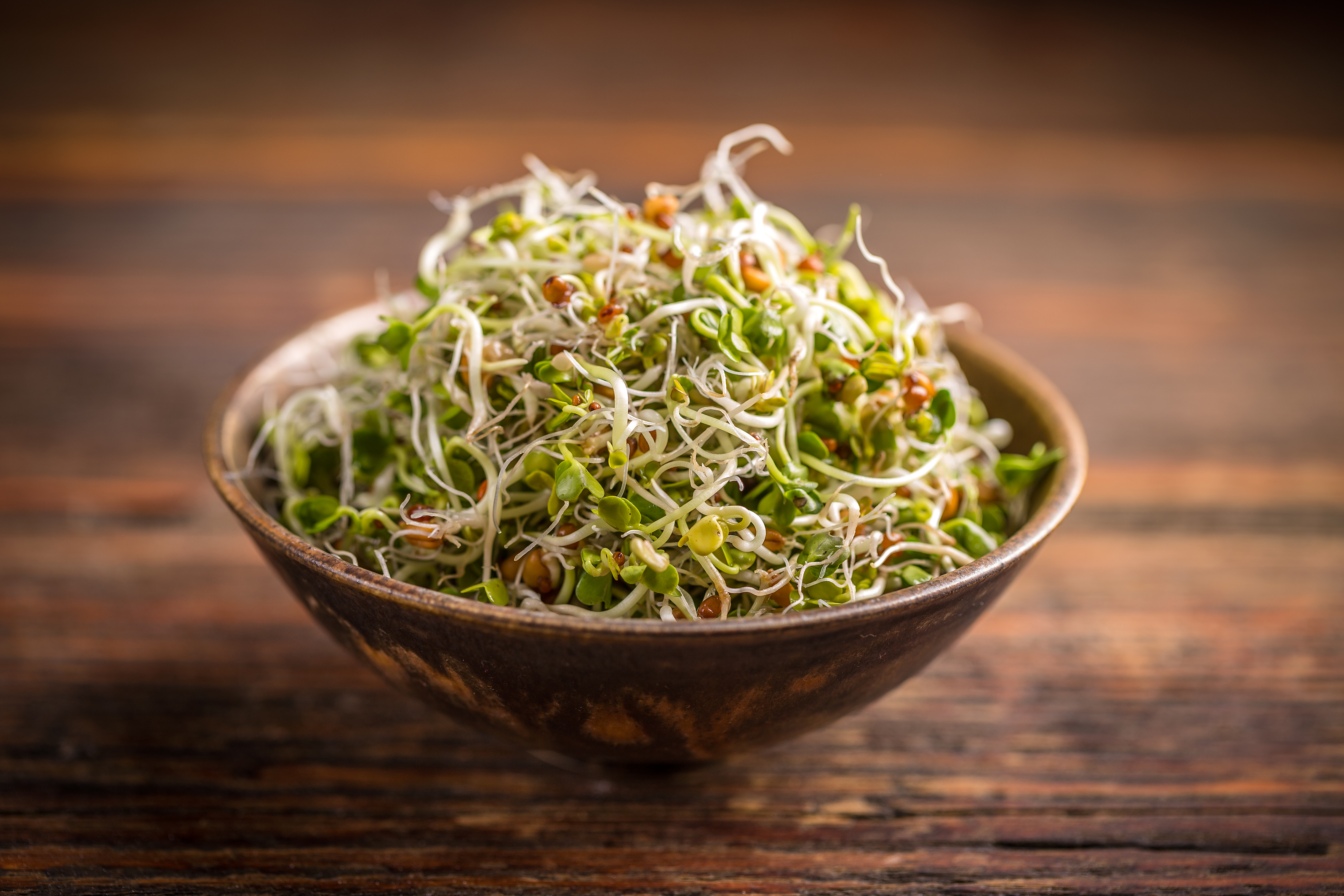
Raw sprouts, including alfalfa, bean, and broccoli sprouts, are highly susceptible to E. coli, Salmonella, and Listeria contamination because they grow in warm, humid conditions—perfect for bacterial growth. Even thorough washing may not eliminate pathogens hiding inside the tiny crevices of sprouts. To reduce the risk, consider cooking sprouts before eating them or opting for safer alternatives like leafy greens.
18. Ready-to-Eat Sandwiches and Wraps

Pre-packaged sandwiches and wraps, sold at convenience stores and gas stations, have been subject to numerous recalls due to Listeria and Salmonella contamination. The combination of multiple perishable ingredients, long shelf lives, and handling during assembly increases the risk of bacterial growth. To minimize risk, opt for fresh, homemade sandwiches or choose reputable brands with short shelf lives and proper refrigeration.
19. Powdered Infant Formula

Powdered infant formula has been recalled multiple times due to Cronobacter and Salmonella contamination, which can be fatal to newborns and infants. Unlike liquid formula, powdered formula is not sterile and can harbor harmful bacteria. When preparing formula, always follow proper hygiene practices, use hot water to mix when possible, and stay updated on recall alerts to ensure your baby’s safety.
20. Peanut Butter and Nut Butters
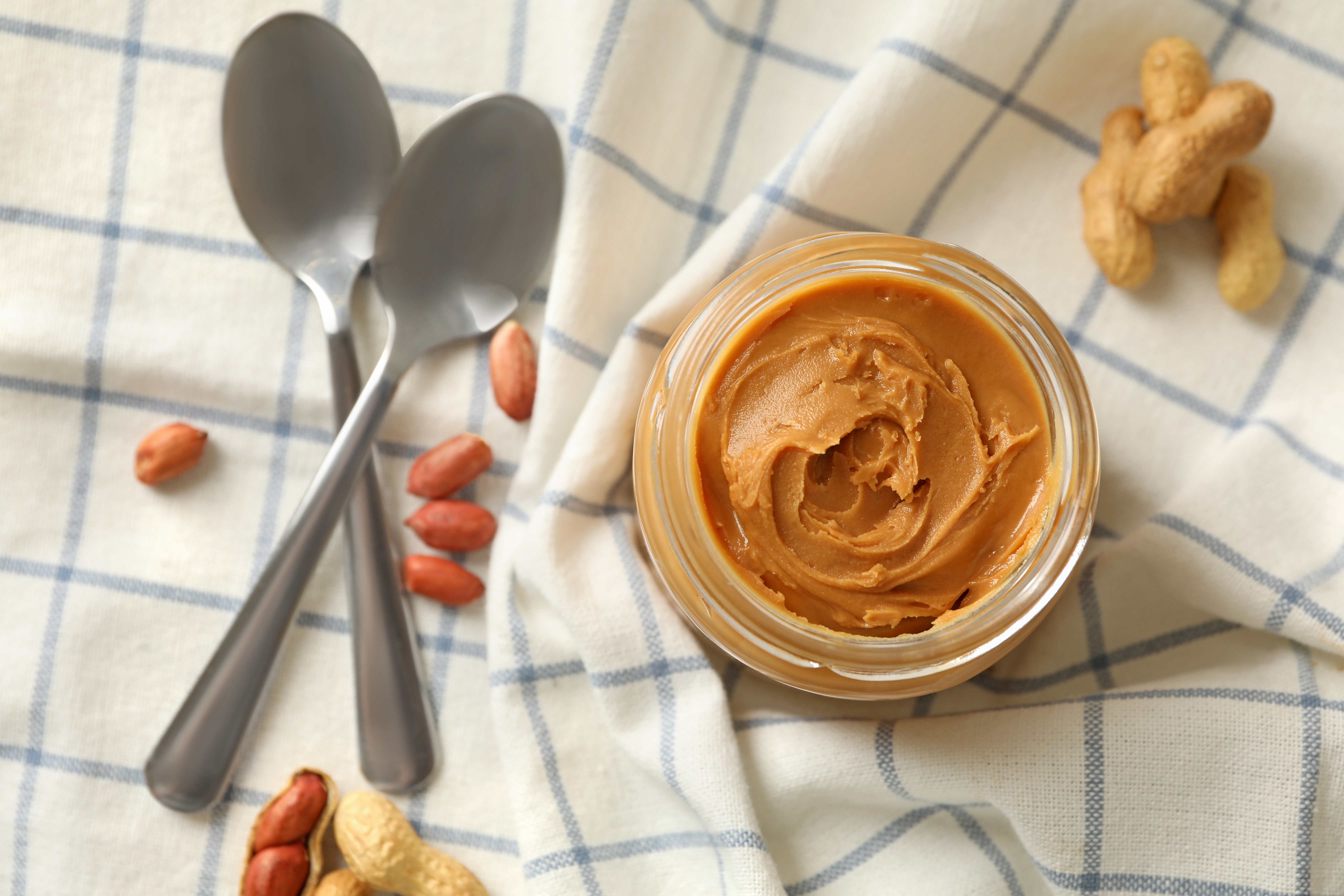
Peanut butter and nut butters have been involved in major recalls due to Salmonella contamination. This occurs when peanuts are exposed to bacteria during harvesting, storage, or processing. Contaminated nut butters can sit on store shelves for months before a recall is issued, potentially affecting thousands of consumers. Always check for recall notices, and opt for brands with strong quality control measures.
21. Rice and Rice-Based Products
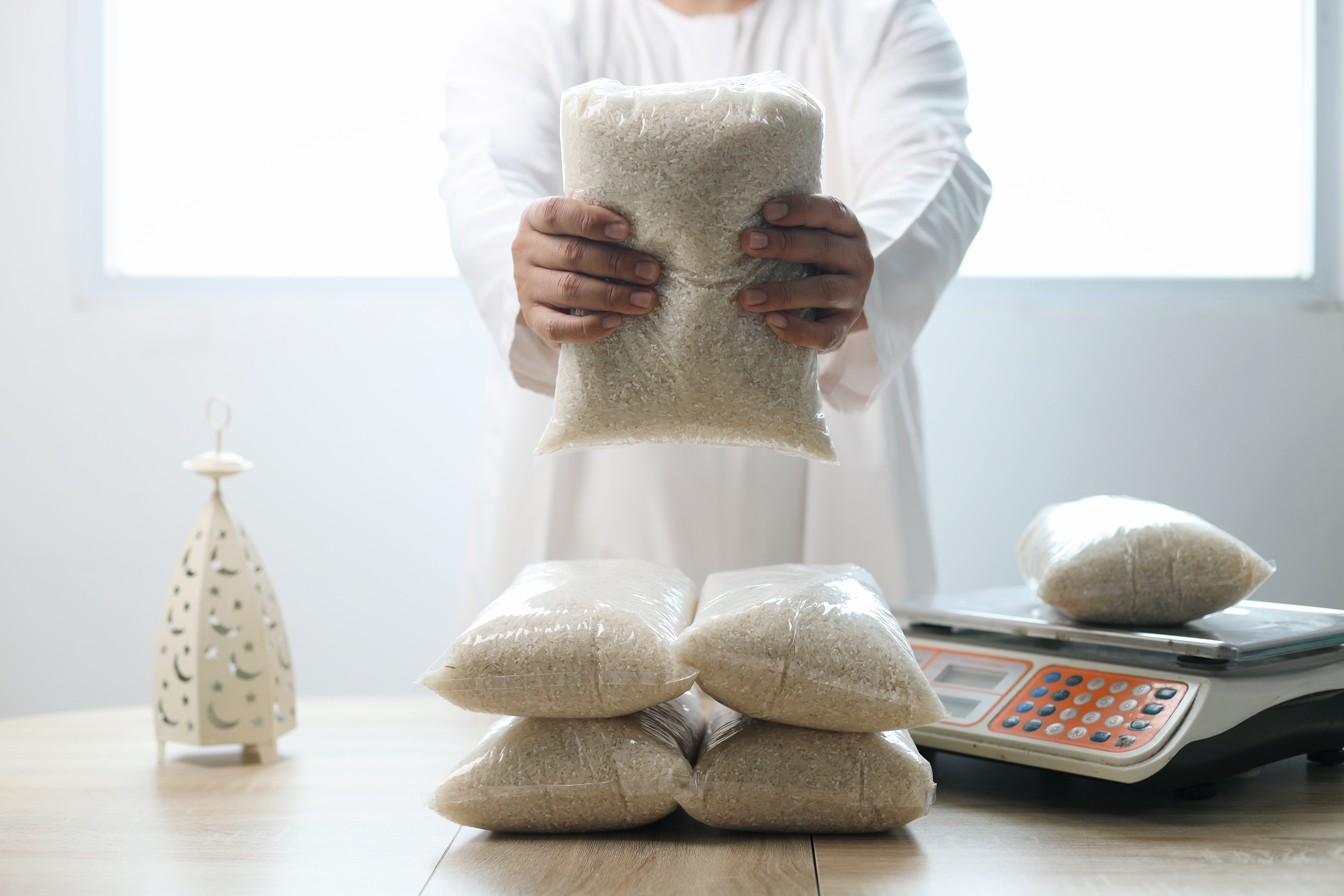
Rice and rice-based snacks, such as rice cakes and rice flour, are occasionally recalled due to arsenic contamination and improper storage leading to mold growth. Long-term exposure to inorganic arsenic in rice can pose serious health risks, particularly for infants and young children. To reduce exposure, rinse rice thoroughly before cooking and vary your grain intake with quinoa, barley, and whole wheat.
22. Bottled and Pre-Packaged Smoothies

Bottled smoothies and meal replacement shakes might seem like a healthy grab-and-go option, but they are often recalled due to contaminants like Listeria, E. coli, and Hepatitis A. Since these products often contain multiple raw ingredients blended together, a single contaminated ingredient can compromise the entire batch. If you’re a smoothie fan, consider making your own at home with fresh, thoroughly washed ingredients.
23. Plant-Based Meat Alternatives: Not Always the Safer Option

As demand for plant-based meats rises, so do the recalls. These products can contain undeclared allergens like soy, wheat, or nuts—posing hidden dangers for those with sensitivities. Additionally, some have been recalled due to contamination from pathogens like Listeria or metal fragments introduced during high-volume manufacturing. Because they're often processed in shared facilities, cross-contamination is a real concern. Always check labels and recall alerts if you're relying on these products for regular meals.
24. Imported Spices and Seasonings

While a dash of spice can elevate a meal, imported seasonings are increasingly subject to recalls for Salmonella, lead, and even glass contamination. Popular spices like turmeric, cumin, and chili powder have all been involved in recent recalls. Since spices come from all over the world and are often handled in bulk, they may be exposed to substandard processing or fraudulent substitutions. Choose brands with traceability and third-party testing for peace of mind.
25. Flour: A Raw Ingredient with Hidden Dangers
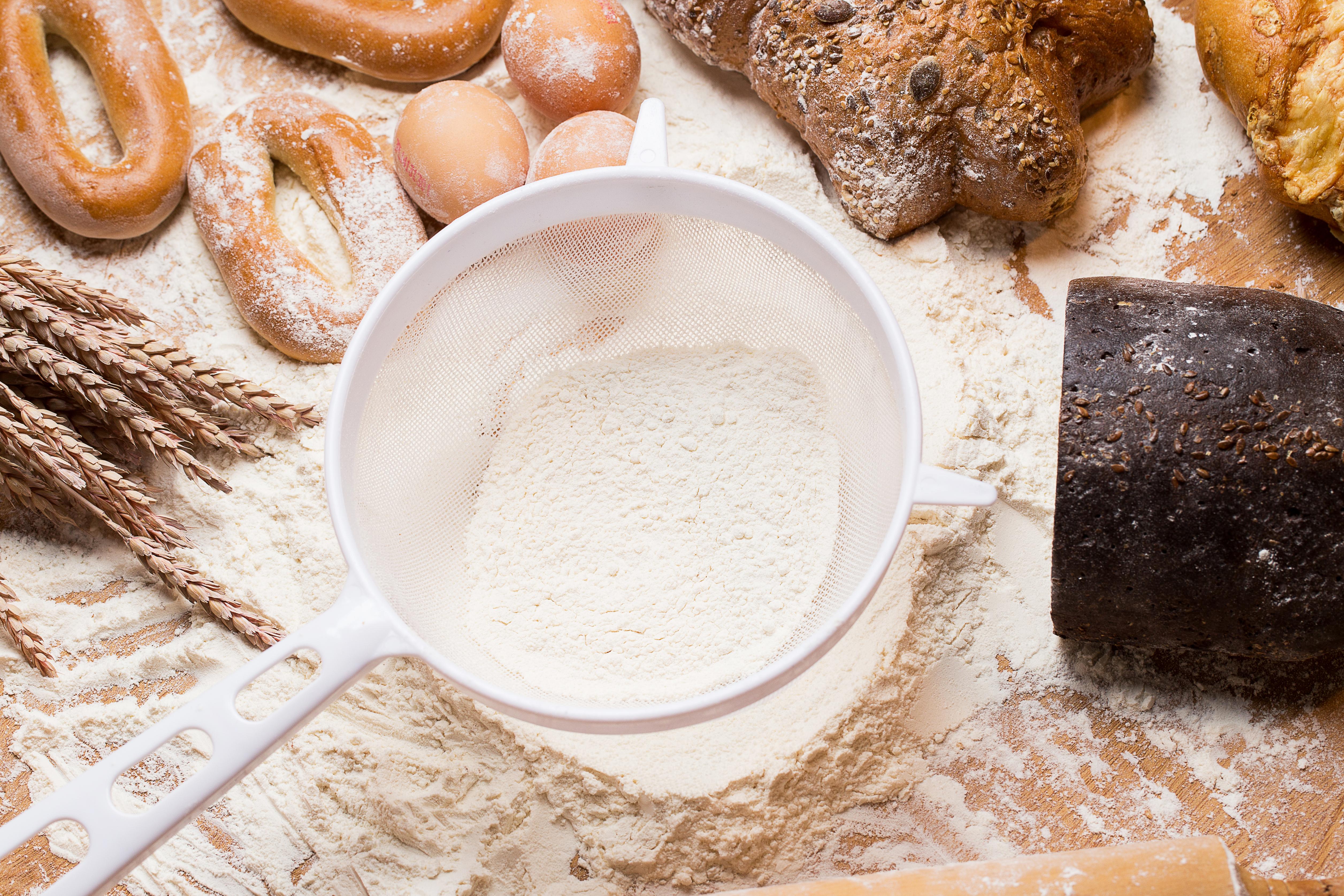
Many assume flour is safe, but raw flour can harbor dangerous bacteria like E. coli and Salmonella. Since it’s not typically heat-treated before packaging, pathogens from the field can survive in the flour. Recalls happen frequently—especially around the holidays when baking spikes. Always bake or cook flour-based recipes thoroughly, and avoid licking the spoon when making raw dough or batter.
26. Packaged Trail Mix and Snack Packs
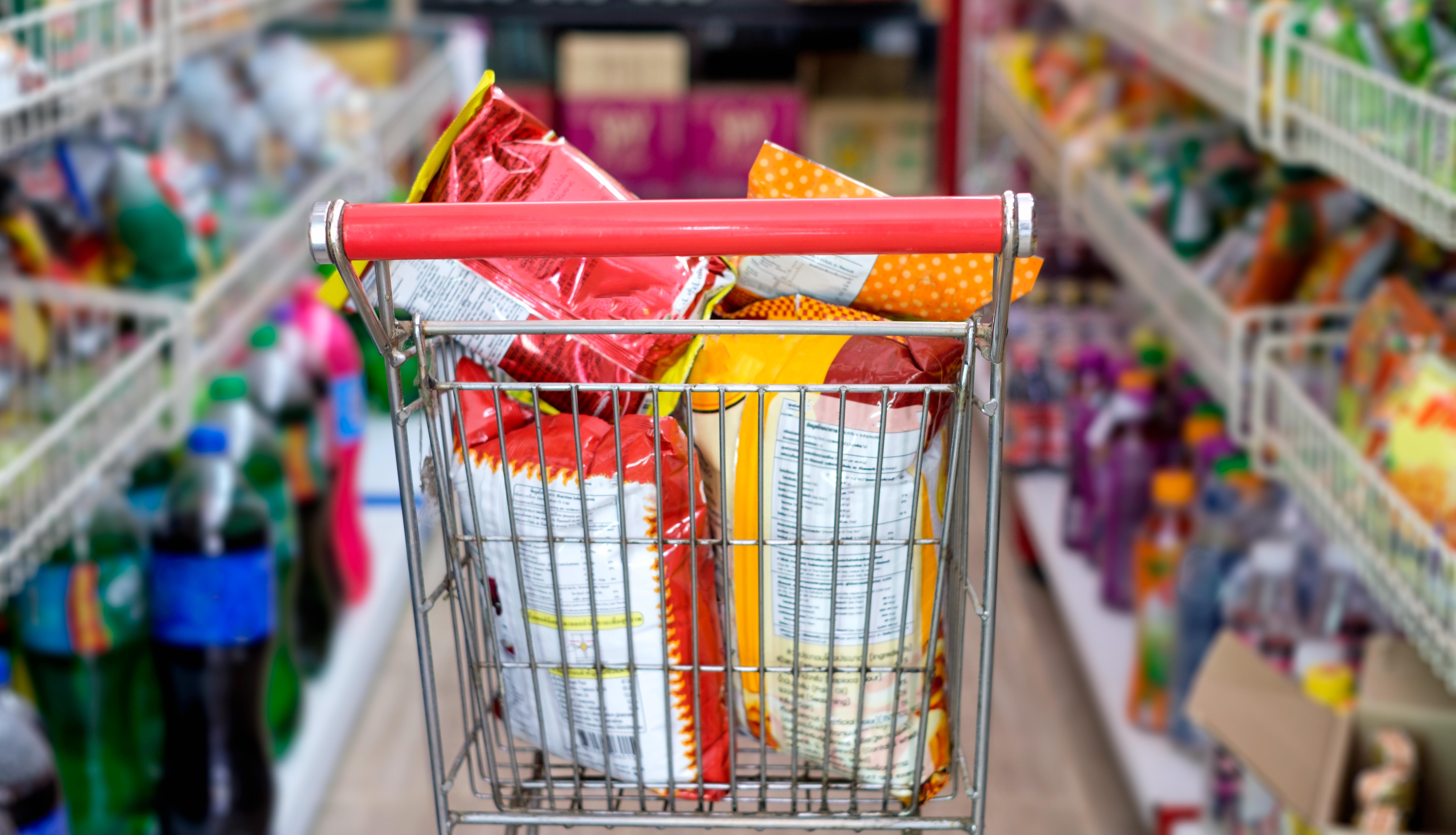
Pre-packaged snack mixes often contain a variety of ingredients—nuts, dried fruits, chocolate, and seeds—all sourced from different suppliers. This creates multiple points of failure. Recalls in this category often involve undeclared allergens or cross-contamination, particularly with milk or tree nuts. Double-check labels, especially if you have allergies, and opt for smaller batch, transparent brands when possible.
27. Pasta Sauces and Jarred Condiments
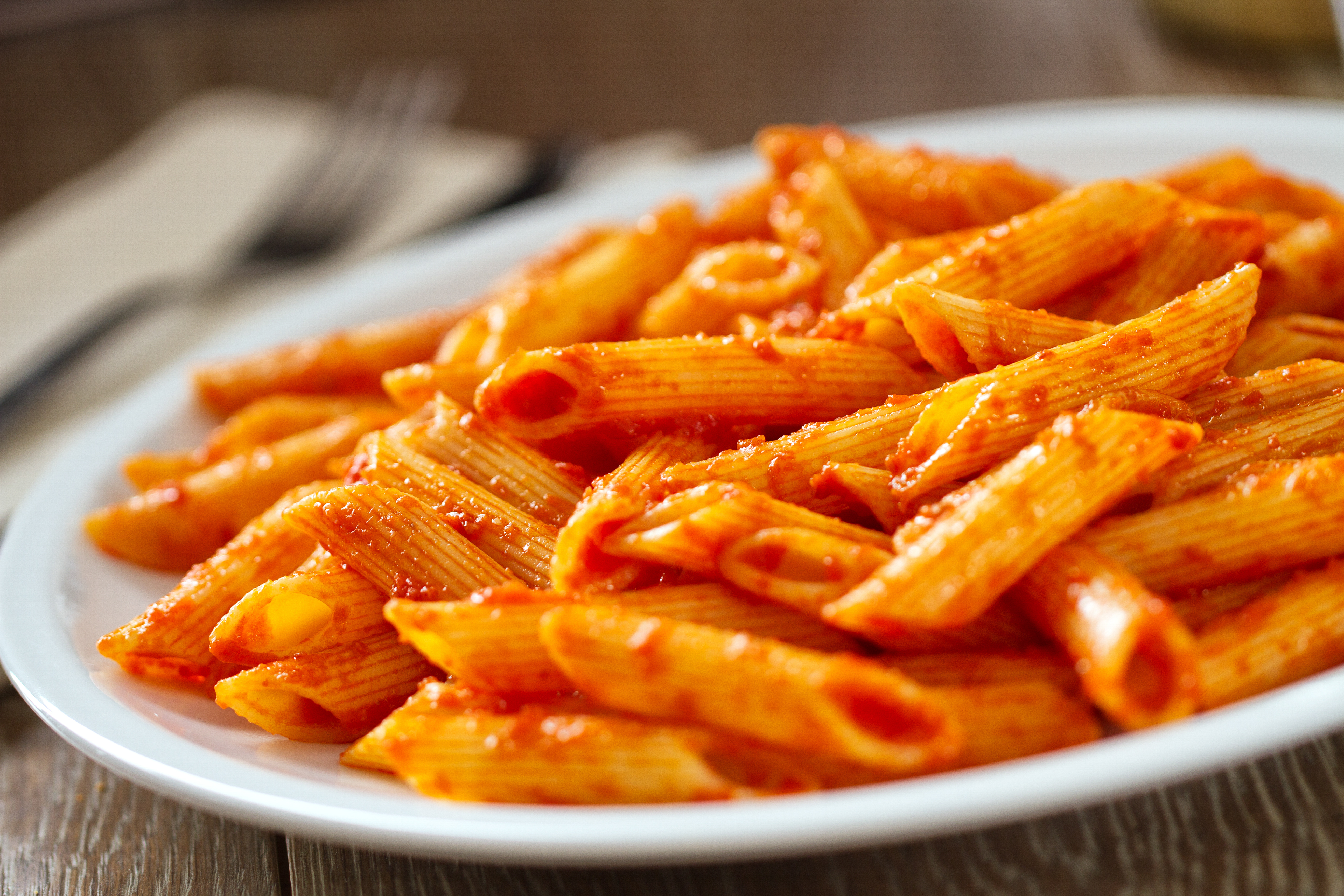
Jarred pasta sauces, pestos, and salad dressings may be shelf-stable—but they’re still vulnerable to botulism and spoilage if sealing fails or they’re improperly processed. There have also been recalls for undeclared milk, anchovies, and nuts. Visually inspect jars for bulging lids or unusual odors, and refrigerate promptly after opening.
28. Vegan Cheese and Dairy Substitutes
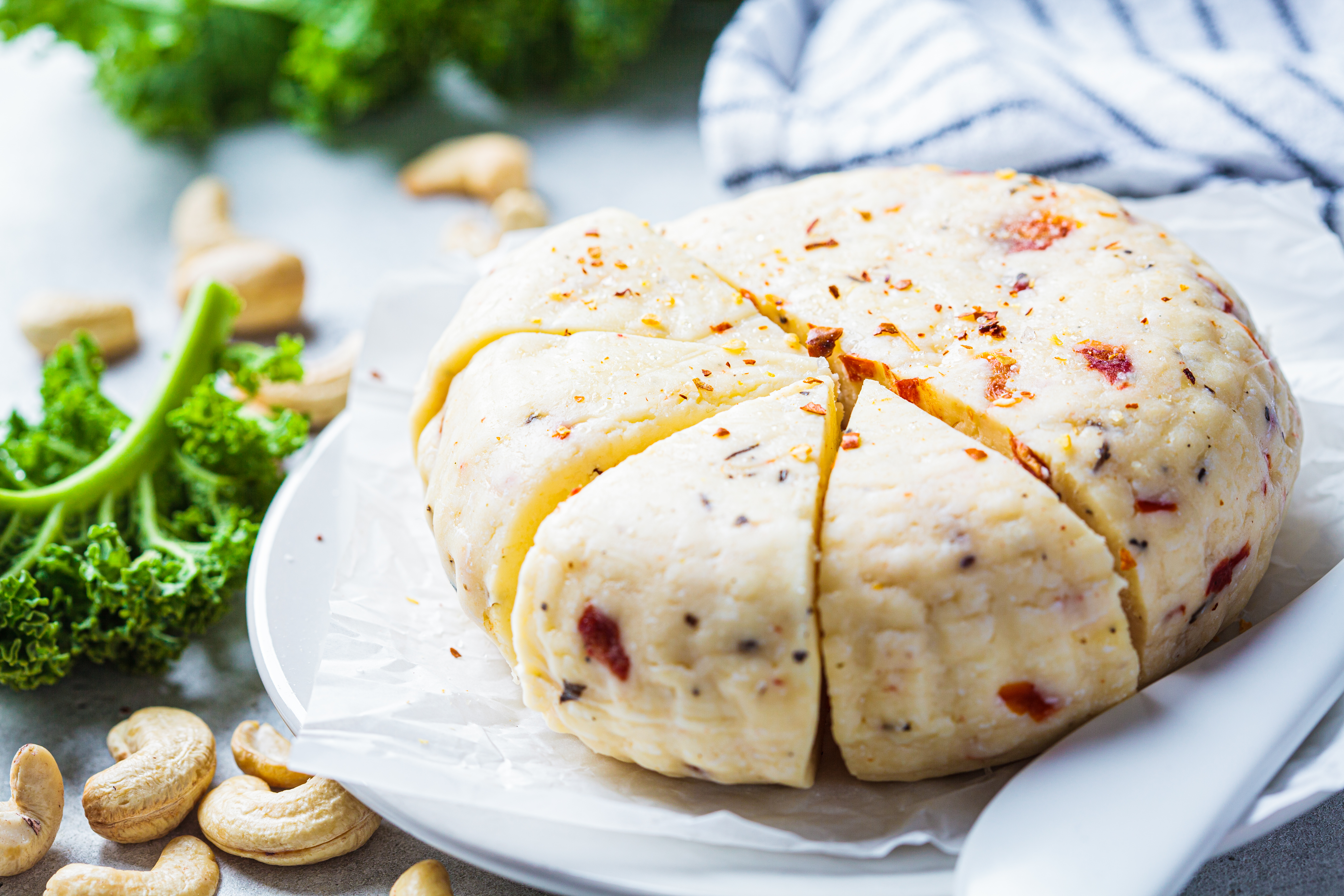
As the vegan market expands, non-dairy alternatives are under more scrutiny. Vegan cheeses, especially those made from cashews or coconut, have been recalled for undeclared allergens and mold contamination. These artisanal-style products often skip pasteurization and may lack preservatives, making them more perishable than expected. Keep them cold and consume quickly.
29. Dehydrated or Freeze-Dried Fruits
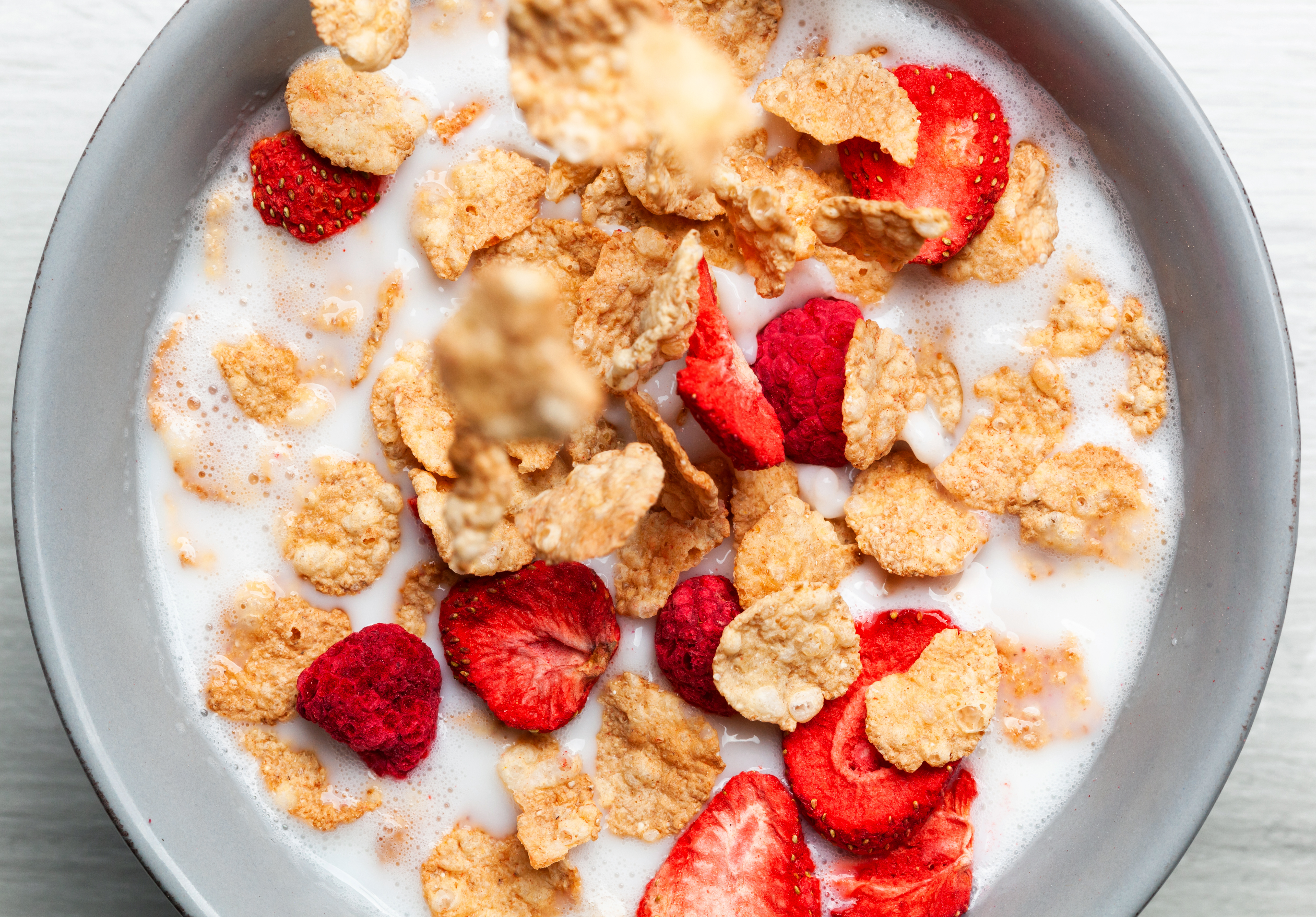
These lightweight snacks are popular for hiking, kids' lunches, and emergency food kits—but they’re not immune to recalls. Recent issues include Listeria and Salmonella contamination, especially in freeze-dried strawberries and apples. Improper sanitation during processing or storage in humid environments can lead to dangerous mold growth. Opt for brands with strong traceability practices.
30. Meal Kits and Subscription Boxes
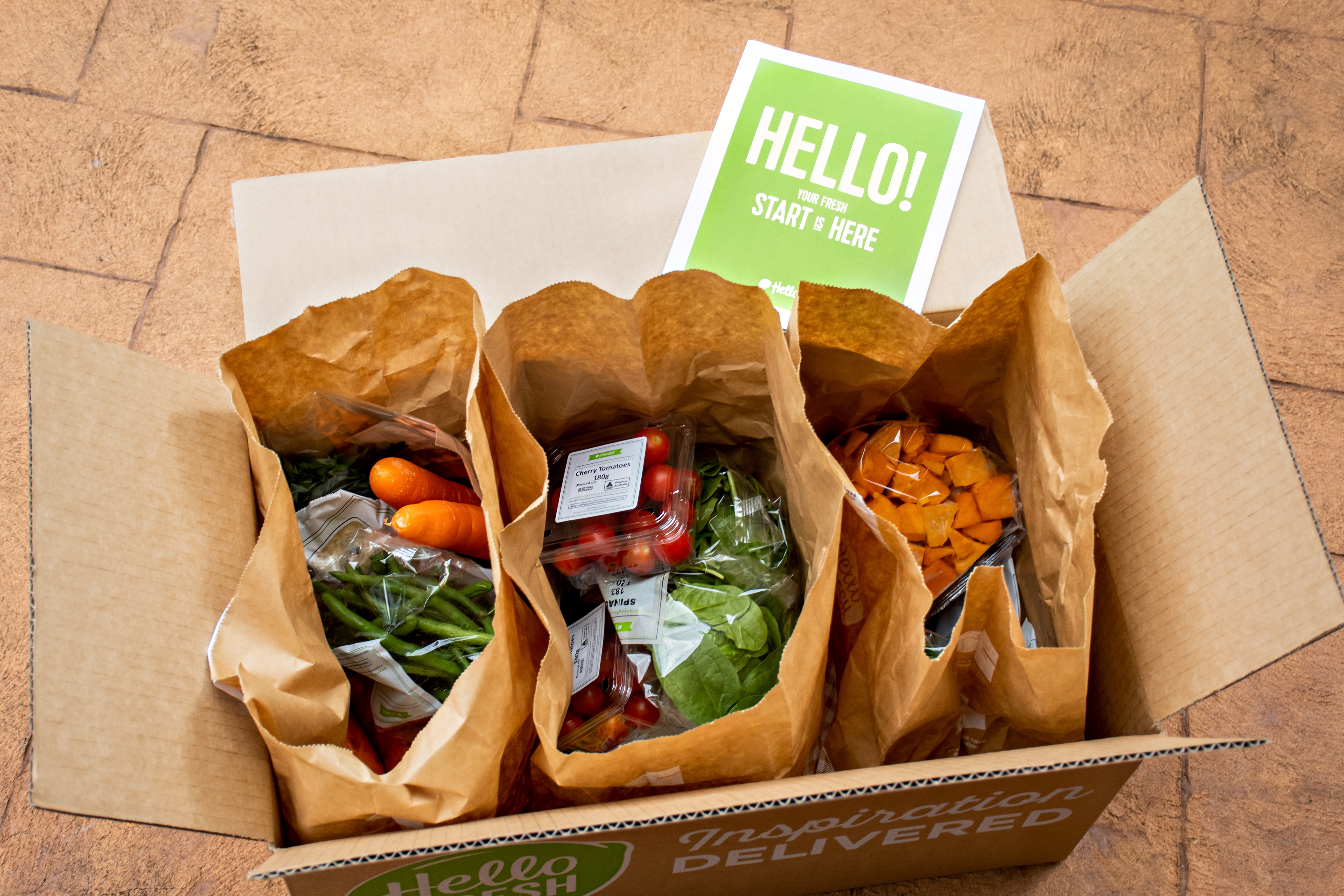
Pre-portioned meal kits offer convenience, but their complexity makes them more prone to safety lapses. Recalls have included contaminated produce, undercooked meats, and even mislabeling of allergens. Since these kits combine multiple raw ingredients with minimal consumer oversight, they're especially risky if not cooked properly. Check company recall history and always inspect contents before cooking.
31. Raw Dough and Cookie Dough Products
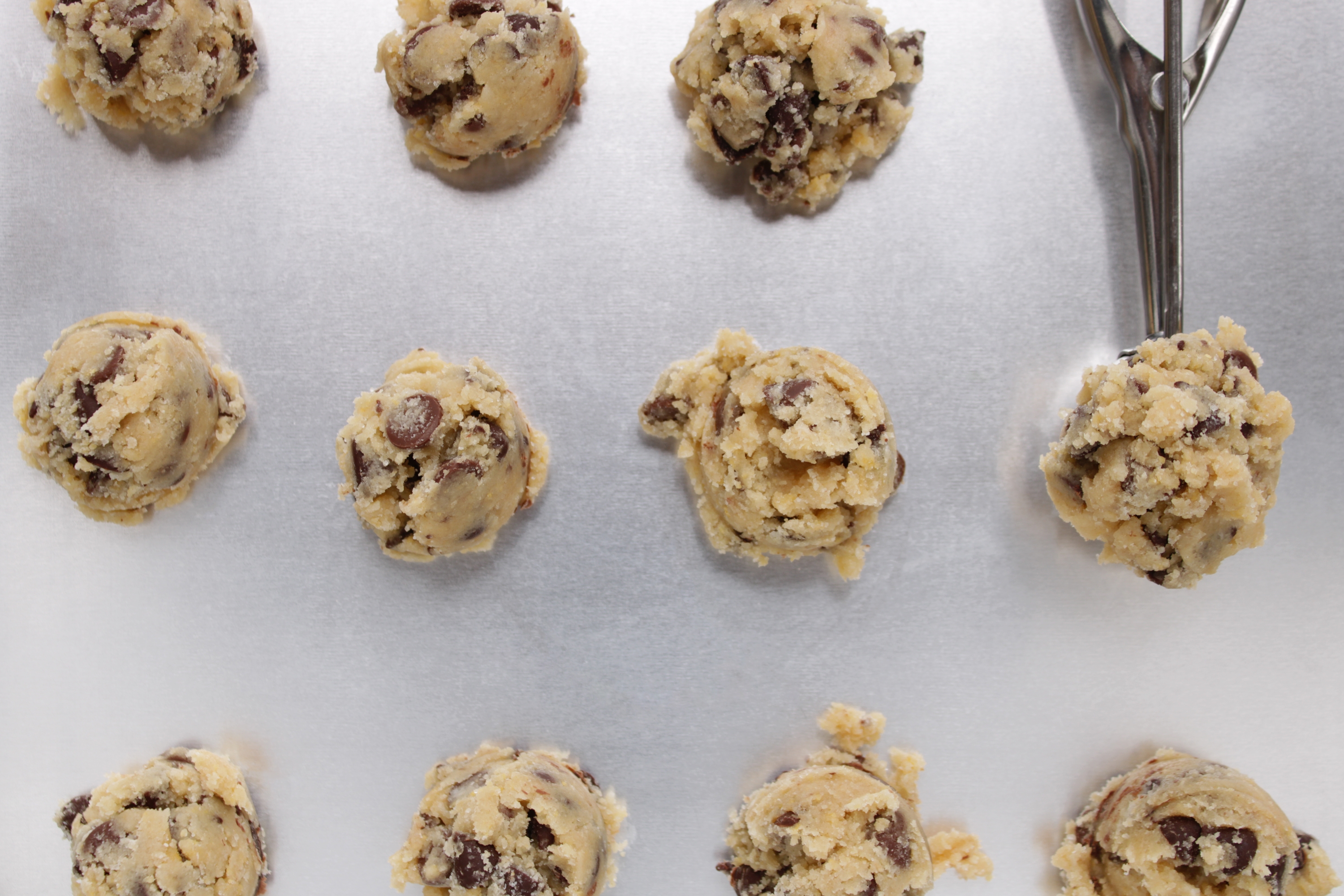
Even when labeled “edible,” raw dough products have been recalled for both raw flour and contaminated eggs. “Safe to eat raw” cookie dough often includes heat-treated flour and pasteurized eggs—but manufacturing errors can still introduce pathogens. If in doubt, bake before you bite.
32. Imported Candies and Novelty Sweets
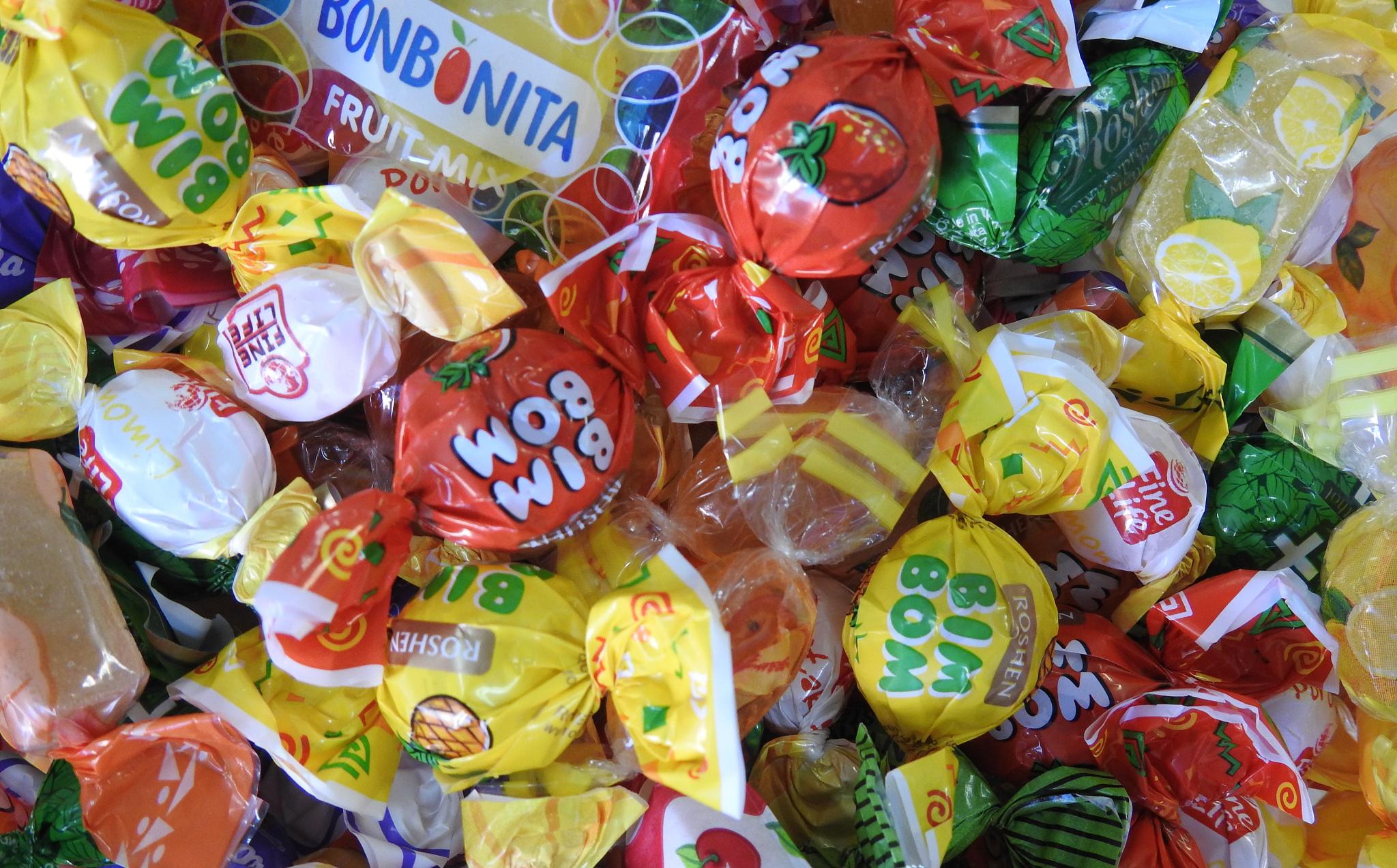
Candies imported from abroad, particularly novelty sweets or treats marketed to children, have been pulled from shelves for undeclared allergens, high lead content, and even embedded objects like plastic or metal. Products from unregulated manufacturers may bypass key safety checks. Always inspect packaging for strange labeling or damage, and check FDA recall notices if unsure.
33. Pre-Shredded Cheese Blends
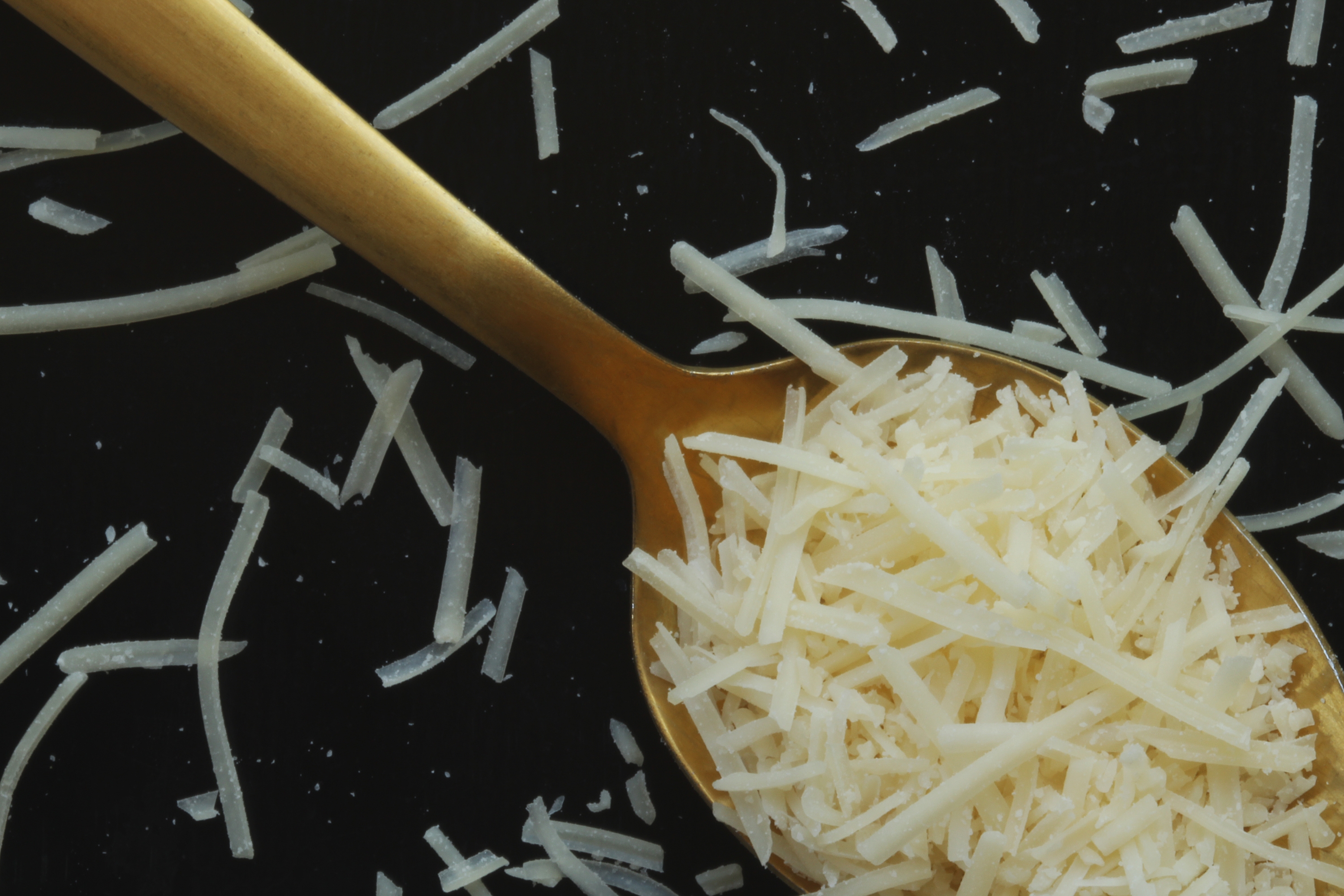
That convenient bag of shredded cheese might save you time, but it’s also been a repeat offender on recall lists. Why? The shredding process exposes more surface area to potential contaminants, increasing the risk of Listeria and mold. Plus, anti-caking agents and cross-contamination from shared equipment add to the hazard. In recent recalls, popular brands were flagged for bacterial contamination, prompting widespread warnings. If you want to play it safer, opt for block cheese and shred it yourself. Not only is it fresher—it’s a small step that could make a big difference in food safety.
34. Rotisserie Chicken from Supermarkets

Rotisserie chickens seem like a smart, easy dinner fix—but several have been recalled for undercooking, improper storage, and even metal fragments from faulty machinery. Unlike pre-packaged foods with long production timelines, these hot foods rely on in-store staff to meet safety standards, and mistakes can happen. Some recalls have affected multiple grocery chains across states. If the chicken looks undercooked or smells off, trust your instincts. And always check for retailer-specific recall notices—they’re not always widely publicized but can pose real risks.
35. Ready-to-Bake Pizza and Flatbreads

Those refrigerated pizzas and artisan flatbreads that feel like a healthier shortcut? Many have been recalled due to Listeria and foreign material contamination—like plastic bits, glass shards, or even metal slivers from production lines. Because they often contain perishable ingredients like soft cheeses and cured meats, they’re vulnerable to bacterial growth if temperature-controlled shipping fails. Before you bite into that convenient slice, scan the label for batch codes and look out for recent FDA alerts. Cooking thoroughly helps, but can’t fix everything if the toppings were contaminated from the start.
36. Protein Powders and Meal Replacement Powders
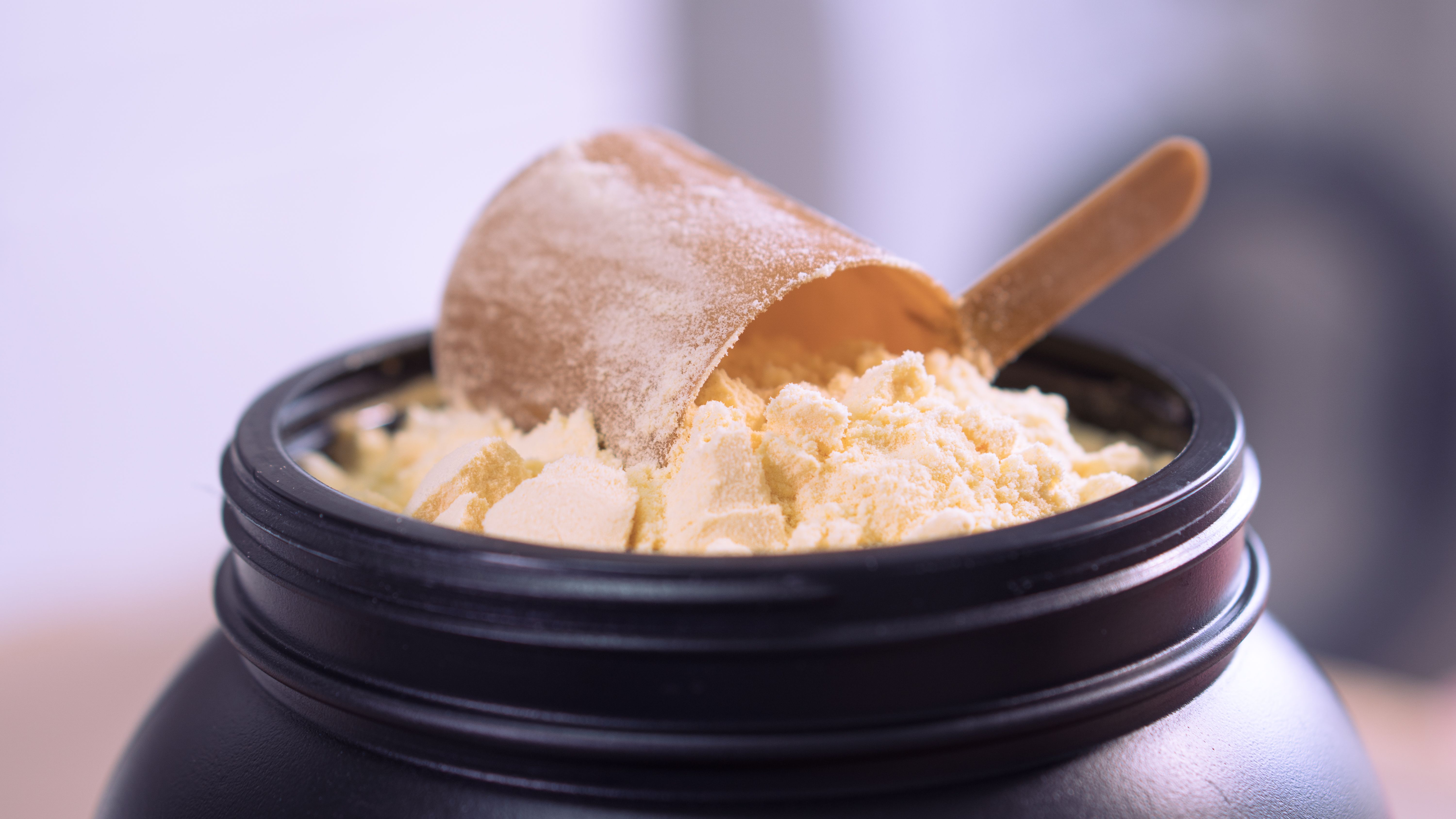
Health-focused products like protein powders seem safe—but they’re often recalled for undeclared allergens like milk, soy, or tree nuts, especially in plant-based or "clean label" formulas. Some have also tested positive for heavy metals or bacterial contamination. These powders are usually consumed daily and in concentrated doses, so contamination can build up faster than with other foods. Since most users mix these with cold liquids (not heat), any pathogens present aren't neutralized. Stick to brands that publish third-party testing and stay on top of recall alerts in the wellness space.
37. Baby and Toddler Snacks

Puffs, melts, and biscuits marketed to toddlers often fly under the radar—but recent years have seen recalls for choking hazards, lead contamination, and Salmonella. These products often contain rice flour (which may carry arsenic), fruit purees (linked to Hepatitis A), or dairy components (risking Listeria). Since infants are especially vulnerable to contaminants, even small lapses in safety standards can have severe consequences. Choose brands with transparent sourcing, and rotate snacks to limit exposure to any one type of ingredient. Most importantly, monitor recall alerts specifically targeted at children’s foods—those risks aren’t worth ignoring.
38. Pre-Cut Fruit and Vegetable Platters

Pre-cut fruit and vegetable products, such as melon cubes, sliced apples, or party platters, are high-risk offenders due to their extensive handling and increased surface area. Unlike whole produce, cutting breaks the natural protective barrier (the peel), allowing pathogens like Listeria and Salmonella to transfer easily from knives, cutting boards, or handlers. Furthermore, the high moisture content inside the plastic packaging creates a perfect environment for bacterial growth, even under refrigeration. Recalls in this category are frequent and often widespread. For maximum safety, purchase whole produce and slice it yourself immediately before serving. This minimizes exposure time and handling risks.
What’s in Your Kitchen Could Be the Real Risk

Food recalls aren’t rare headlines—they’re real, recurring risks hiding in plain sight on your shelves. From “healthy” smoothies to toddler snacks, contamination doesn’t discriminate by brand or aisle. And while government agencies issue warnings, it’s often after the product has landed in your home. That’s why awareness is your strongest defense. By understanding which foods are frequently recalled—and why—you empower yourself to make safer, smarter choices every time you shop, cook, or snack. We've expanded this list to 37 of the most commonly recalled foods for a reason: these aren’t fringe outliers. They’re everyday items that too often slip under the radar. So check your labels, stay alert to alerts, and don’t assume safety comes standard. Because protecting your kitchen isn’t about panic—it’s about paying attention. When you know better, you buy better—and that small shift can make all the difference. Your health starts with what stays on your shelf.